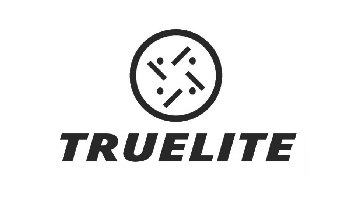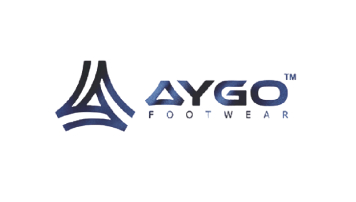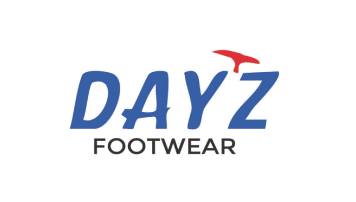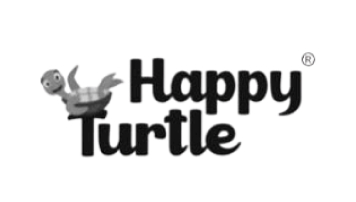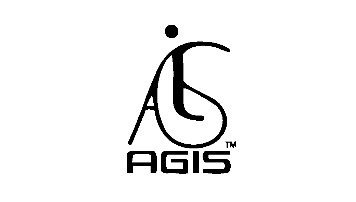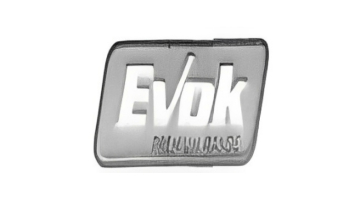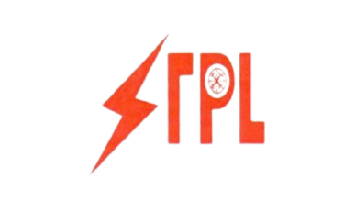Ensure full compliance with India’s Extended Producer Responsibility (EPR) regulations, which mandate that organizations introducing plastic packaging into the market take responsibility for its collection, recycling, and eco-friendly disposal.
Our team provides comprehensive end-to-end assistance for all stakeholders involved in plastic packaging, including manufacturers, importers, brand owners (PIBOs), and plastic waste processors. We simplify the entire process, helping you obtain EPR authorization efficiently while meeting all regulatory requirements. With the implementation of the Plastic Waste Management (Amendment) Rules, 2022, compliance with EPR is no longer optional. Organizations are legally required to manage both pre-consumer and post-consumer plastic waste responsibly. Failing to obtain the necessary authorization may lead to penalties, restrictions, or suspension of business activities. Extended Producer Responsibility (EPR) requires organizations that introduce plastic packaging into the market to take responsibility for its collection, recycling, and environmentally safe disposal. The Ministry of Environment, Forest and Climate Change (MoEF&CC), under the Plastic Waste Management (Amendment) Rules, 2022, mandates that producers, importers, brand owners, and processors of plastic waste obtain EPR authorization from the Central Pollution Control Board (CPCB). EPR ensures proper reuse, recycling, and end-of-life disposal of plastic, making businesses accountable for their plastic footprint. After obtaining EPR authorization, PIBOs must: Category I – Rigid plastic packaging Category II – Flexible plastic packaging (single or multilayer), plastic sheets, carry bags, sachets, pouches Category III – Multilayer packaging (plastic combined with other materials) Category IV – Compostable plastics used in packaging and carry bags Prohibited items include: stirrers, plates, cups, glasses, cutlery, straws, trays, plastic wraps around candy, balloon sticks, thermocol decorations, and other single-use plastics. Plastic Waste Management Rules (Amendment 2021, effective Dec 31, 2022) ban plastic carry bags less than 75 microns and certain other single-use plastics. PIBO Registration (Plastic Producers, Importers, Brand Owners) PWP Registration (Plastic Waste Processors) EPR Registration for Plastic Waste Management | Process | Documents | Fees
Get connect with us
What is EPR for Plastic Waste Management?
Who Must Register for EPR?
PR Registration Process
Documents Required for EPR Registration
Responsibilities After Registration
Categories of Plastic Packaging under EPR
Banned Plastic Products in India
Government Fees for EPR Registration
Estimated Plastic Waste (TPA)
Application Fee (INR)
Less than 1000
10,000
1000–10,000
20,000
More than 10,000
50,000
Processing Capacity (TPA)
Proposed Processing Fee (INR)
Less than 200
5,000
200–2000
20,000
More than 2000
50,000
Cancellation and Renewal
Our Partners

